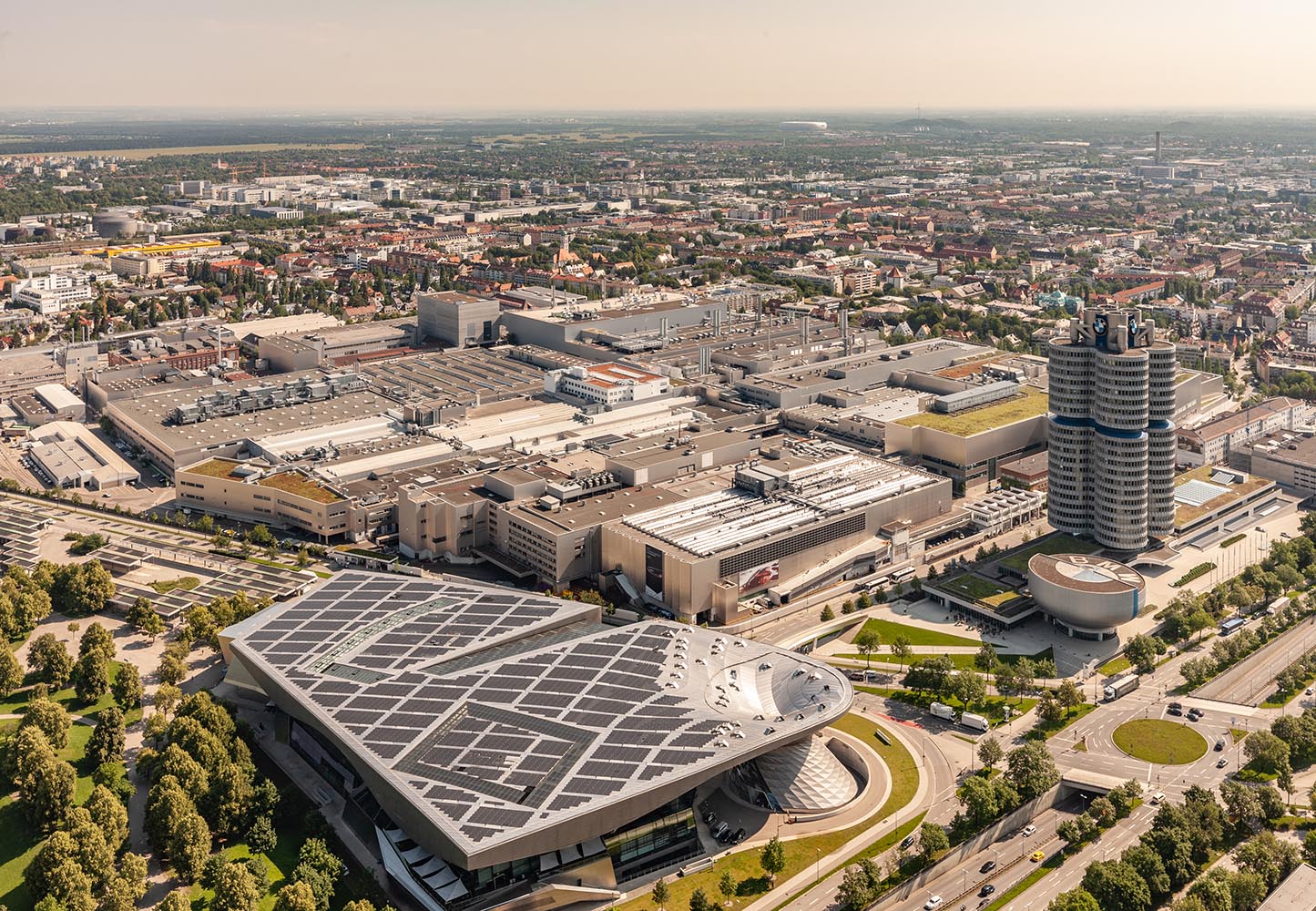
BMW ends combustion engine production in Munich after 60 years
After 60 years, BMW has ceased the production of combustion engines at its main plant in Munich, Germany, marking a significant turning point for the company. The Bavarian capital location has transitioned its focus to electric cars, with plans to continue producing engines in other locations. The last combustion engine, an eight-cylinder, has rolled off the assembly line, signifying the end of an era for the Munich plant.
The decision to end combustion engine production in Munich was announced in 2020, aligning with the company’s shift towards e-mobility. The transition has led to the retraining and redeployment of approximately 1,200 employees who previously worked in engine construction. The area previously dedicated to engine production will now be repurposed as an assembly hall for new models, with BMW investing EUR400 million (USD430.9 million) into this endeavor.
While the Munich plant will no longer produce combustion engines, BMW will continue to manufacture them in other locations, including Steyr in Austria and Hams Hall in Great Britain. The company has also announced investments in other regions of Bavaria, such as the construction of a battery test center in Wackersdorf, Upper Palatinate, and the approval to build a battery factory in Straßkirchen and Irlbach.
This strategic move by BMW reflects the company’s commitment to embracing the electric revolution and aligning with the evolving automotive landscape. As the industry continues to shift towards sustainable and eco-friendly solutions, BMW’s decision to focus on electric cars and invest in battery technology underscores its dedication to innovation and environmental responsibility.













